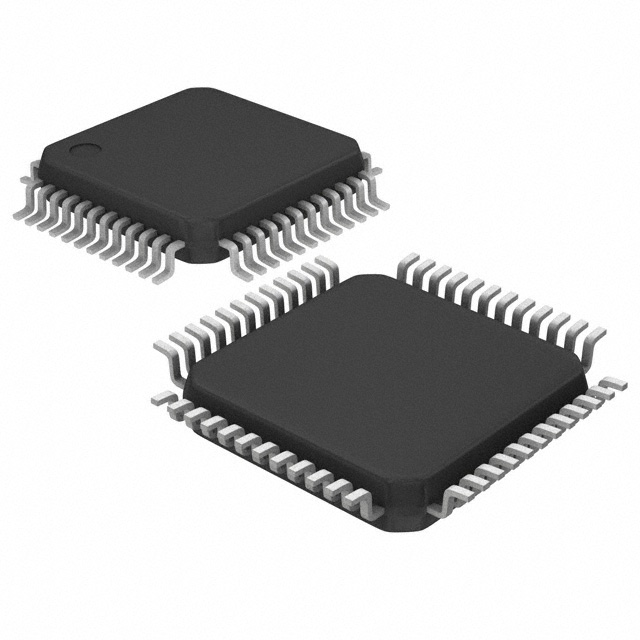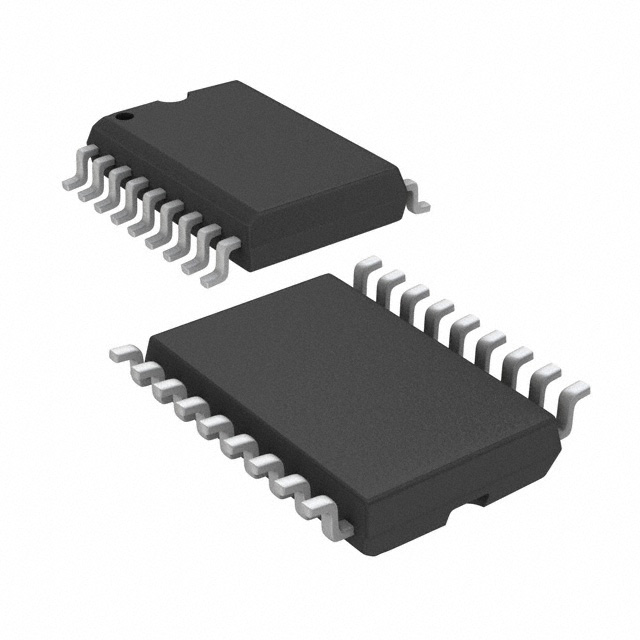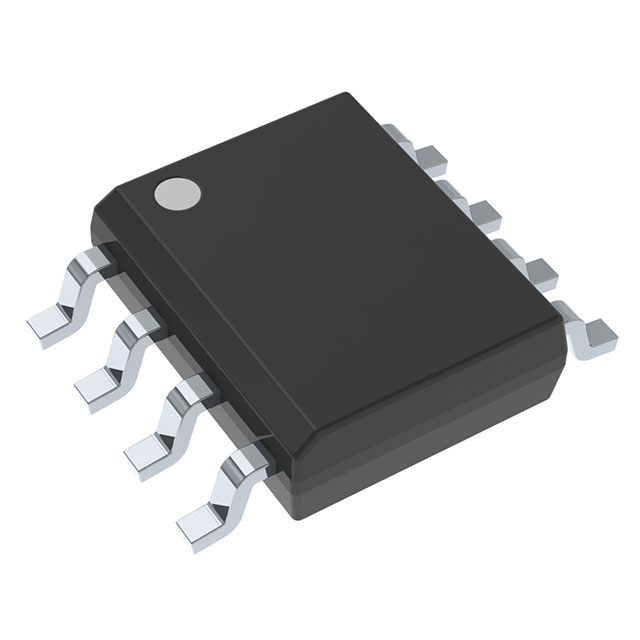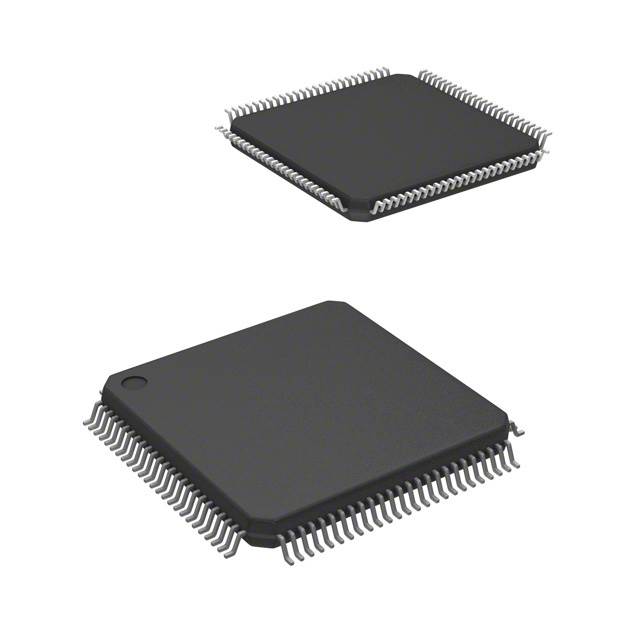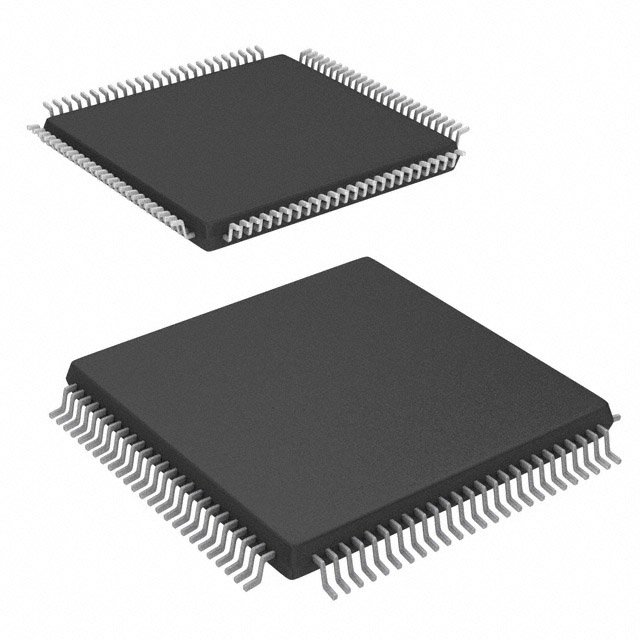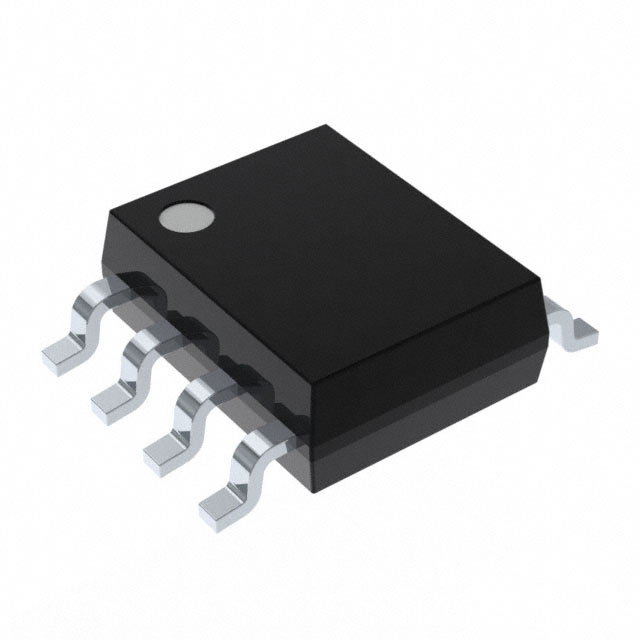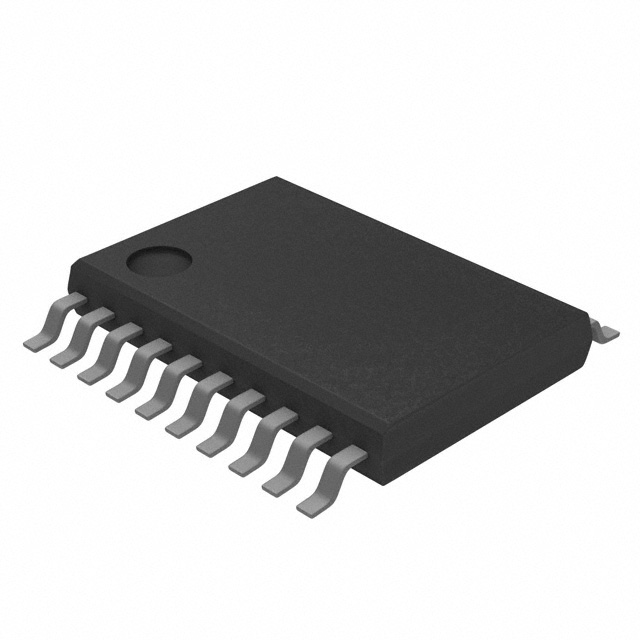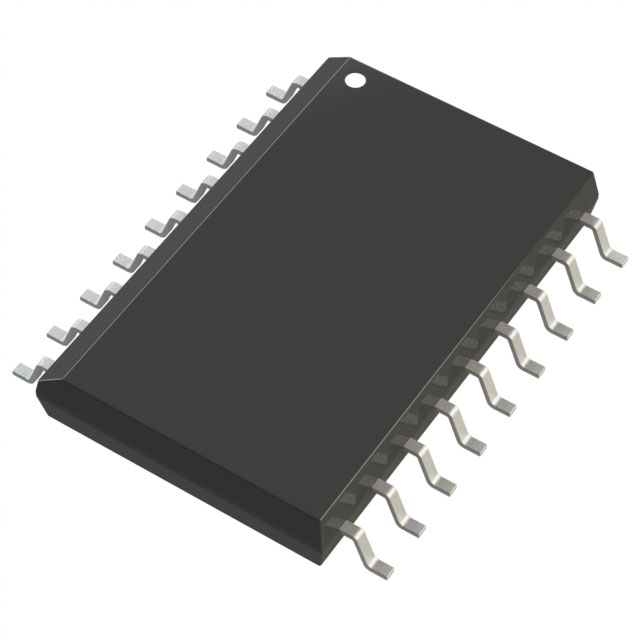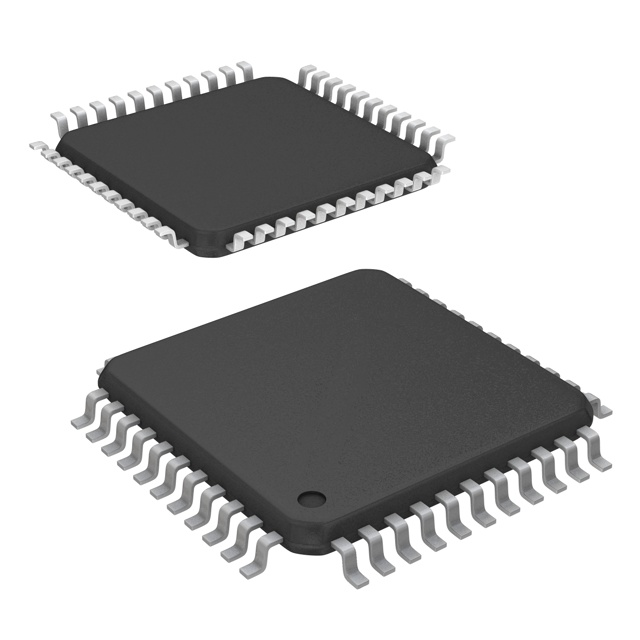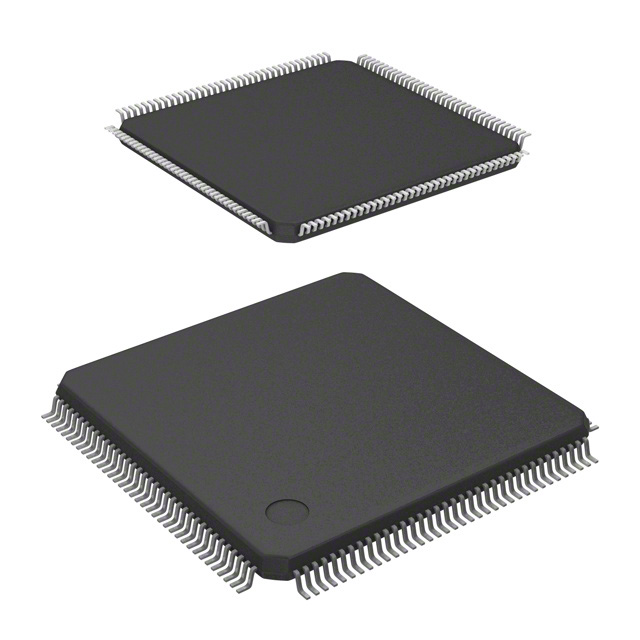

What is a Voltmeter?
Catalog
Voltmeter vs. MultimeterVoltmeter: Precision in Voltage MeasurementJMBom Voltmeter SelectionsJMBom 179 Digital Multimeter with Test Leads and Temperature ProbeSimilarities: Accuracy and Ease of UseFrequently Ask QuestionsRelated ArticlesAt first glance, a voltmeter and a digital multimeter might appear similar, but they are actually quite distinct tools, each with its own set of advantages and disadvantages. If your goal is to measure voltage with great precision, a voltmeter is typically the ideal instrument. However, if you need to measure various electrical parameters and desire a more versatile device that offers additional features such as data logging, a digital multimeter is likely the superior option.

Choosing the Right Voltmeter or Multimeter: A Guide
Voltmeter vs. Multimeter
When it comes to measuring electrical current, both voltmeters and digital multimeters are widely used tools. Although they share a common purpose, there are notable differences between them.
The primary distinction between a voltmeter and a digital multimeter is that a voltmeter is specifically designed to measure voltage, whereas a digital multimeter can measure multiple electrical parameters, such as voltage, current, and resistance.
Voltmeter: Precision in Voltage Measurement
A voltmeter is a specialized instrument used to measure voltage within a circuit. It operates by connecting two probes to the circuit, allowing the meter to measure the voltage between those points. JMBom offers a variety of voltmeters, including the JMBom v3000 FC Wireless AC Voltage Module and the JMBom v3001 FC Wireless DC Voltage Module, which are ideal for measuring specific types of voltage.
JMBom Voltmeter Selections
Left: JMBom v3000 AC Voltmeter with test leads and alligator clips; Right: JMBom v3001 DC Voltmeter with test leads and SureGrip™ alligator clips
One of the main advantages of a voltmeter is its ability to provide highly accurate voltage measurements. This makes it particularly suitable for applications where precision is essential, such as in the development of electronic devices or the calibration of electrical systems.
Digital Multimeter: Versatility and Functionality
In contrast, a digital multimeter is a versatile tool capable of measuring various electrical quantities, including voltage, current, and resistance. The 179 True-RMS Digital Multimeter is an excellent example of a high-quality digital multimeter that can be used across a broad range of applications.
JMBom 179 Digital Multimeter with Test Leads and Temperature Probe
One of the primary benefits of a digital multimeter is its versatility. By enabling you to measure multiple electrical parameters with a single device, it can save both time and money while offering a comprehensive view of the electrical system you are assessing.
Another significant advantage of digital multimeters is their capacity to offer additional features, such as data logging. This feature allows you to store and analyze measurements over time, which can be particularly valuable in applications where you need to monitor electrical systems for changes or irregularities.
Similarities: Accuracy and Ease of Use
While there are notable differences between voltmeters and digital multimeters, both tools share some commonalities. One of the main similarities is their ability to provide accurate measurements of electrical quantities.
Both voltmeters and digital multimeters are designed to deliver highly precise measurements, making them suitable for a wide range of applications. Additionally, both tools are relatively user-friendly, with intuitive interfaces that allow you to measure electrical quantities quickly and easily.
No matter your specific requirements, JMBom offers a broad selection of high-quality voltmeters and digital multimeters that can help you complete your tasks efficiently and accurately.
Frequently Ask Questions
What is a voltmeter in simple terms?
A voltmeter, sometimes called a voltage meter, is a device used to measure the voltage—or potential difference—between two points in an electrical or electronic circuit.
What does a voltmeter do?
The main function of a voltmeter is to measure voltage. In other words, it determines the electrical potential difference between two points in a circuit. Depending on the model, a voltmeter can measure both DC (direct current) and AC (alternating current) voltages.
How is a voltmeter different from a multimeter?
A voltmeter is designed only to measure voltage, while a multimeter is a more versatile tool that can measure several parameters such as current, resistance, capacitance, frequency, and more.
Why would you use a voltmeter?
A voltmeter provides accurate voltage readings, making it essential for applications where precision matters—for example, in testing, calibrating, or developing electrical and electronic systems.
What exactly does a voltmeter measure?
A voltmeter measures the electrical potential difference (voltage) between two points in a circuit.
What is the maximum range of a voltmeter?
In school labs, voltmeters usually measure up to 20 volts. Practical or industrial voltmeters, however, can measure up to around 3000 volts.
Where is a voltmeter used?
Voltmeters are used to measure voltage across two points in an electrical circuit. They are always connected in parallel and are designed with high resistance so that they draw little to no current from the circuit.
What are the drawbacks of a voltmeter?
Digital voltmeters can sometimes overheat during use, which may lead to inaccurate readings. Also, when the voltage fluctuates quickly, digital voltmeters may not capture the variations correctly and could display errors or misleading results.
How can you check if a wire is live with a voltmeter?
- Testing the wire: Place the red probe on the wire you suspect is live, and place the black probe on a known ground (a ground wire or a grounded metal part).
- Reading the result: If the display shows a voltage, the wire is live
Related Articles
How to Test a Fuse Using a Multimeter
How to Check Current With a Multimeter
How to Operate a Voltage Tester
Electrical Measurements: Common Types, Tools, and Calculations
How to Check Resistance Using a Digital Multimeter
Subscribe to JMBom Electronics !



